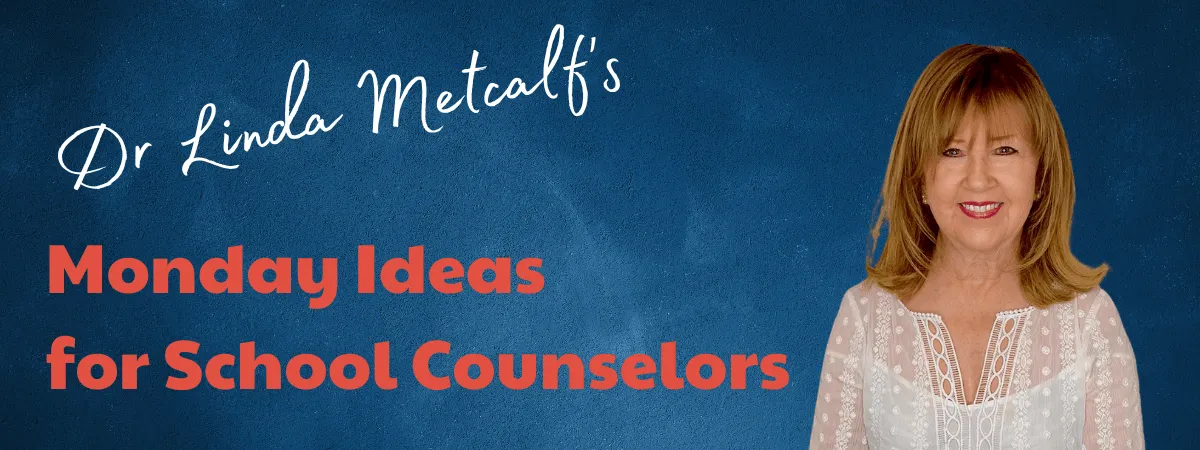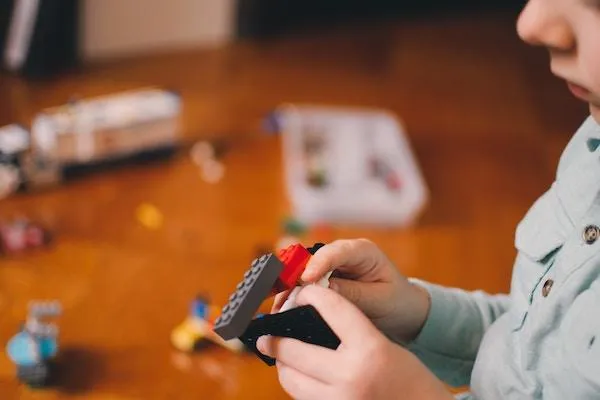
Monday Ideas for School Counselors
Weekly articles for school counselors with ideas on how to resolve typical school situations with students, teachers and parents using the solution focused approach.

Being Cyberbullied? Buckle up Your Heart
Paul, an eight-year-old boy, initially came to counseling with his mother due to the challenges he faced during visits with his father after his parents divorced.
He struggled with his father's persistent verbal abuse, particularly during car rides when his father demanded directions to Paul's soccer practice, leading to yelling and distress.
Paul's mother sought counseling to help him deal with these difficult visits.
During our session, I decided to engage Paul in a more comfortable and interactive activity. I asked if we could build some Lego cars together on the floor while his mom stepped out briefly. As we constructed the cars, we chatted about his preferences, and one thing became clear—Paul disliked trucks. The reason was that his father had a truck, and it was during those truck rides that Paul felt the most upset due to his father's behavior.
I inquired how Paul managed those car rides with his father, and he explained that he tried to tell his father he didn't know the way, but it didn't work. Unsure of the best approach, I asked Paul what he wanted to talk about, and he replied, "Linda, I just need to learn how to protect my heart." When I asked him how that might help, he said it would prevent him from feeling so sad after the visits.
With this goal in mind, I grabbed some art paper and crayons and drew a simple heart. I asked Paul to participate in an experiment with me, envisioning that on his next visit with his father, he could protect his heart to the point where he wouldn't be as sad afterward.
I asked, "What might I notice you doing to protect your heart?"
Paul suggested he would pretend to put a leather belt around his heart, a strong one. I then drew a belt on the heart on the paper. Paul liked it so much he asked for more. Soon, there were ten belts surrounding the heart, and Paul was delighted. He explained that during the weekend visits, he would think about these belts and look out the window when his dad started yelling.
On his next visit, Paul reported that the visit had gone better.
Since children and teens face cyberbullying and social media-related issues today, let’s draw inspiration from Paul's "heart protecting" concept this week when students come to your offices seeking help.
First, listen, and make sure there are no indicators of danger. Then, empathize and after listening to their concerns, try asking the questions below when students feel hurt or bullied by others:
Tell me, who are you really? What are some things that others who care about you know about you? What do you wish that others who hurt you, knew about you?
Suppose, when you leave my office today, you hold on to your true self and imagine protecting your true self from negative words or actions from others. What might people notice you doing? What else? X10
As the student talks, make a list detailing their plan to protect their true self or hearts for a day or so, and provide them with a copy as they leave. Follow up with them after a day to ask, "What's going better?"
Then, buckle up. You may need to protect your heart from bursting with joy.

Practical tools and strategies for school counselors to help students achieve their goals
Practical tools and strategies for school counselors to help students achieve their goals
© 2026 Solution Focused Schools Unlimited LLC


